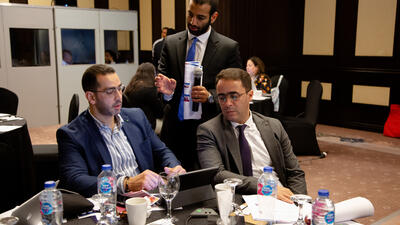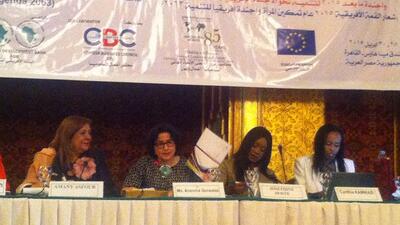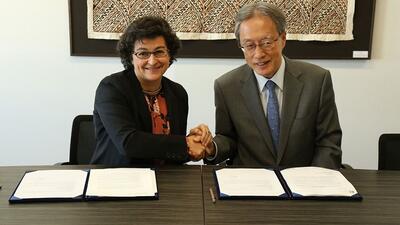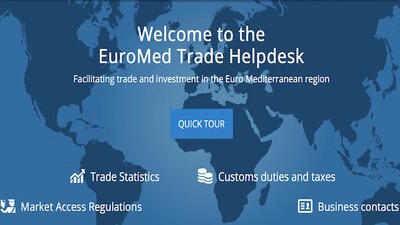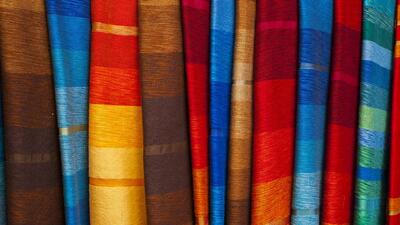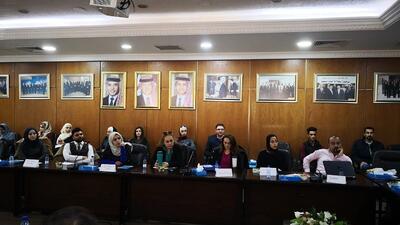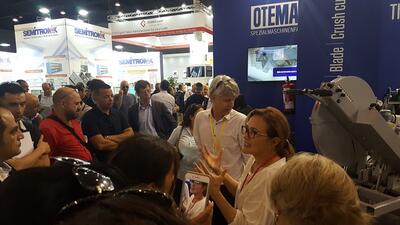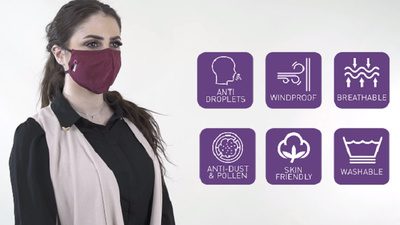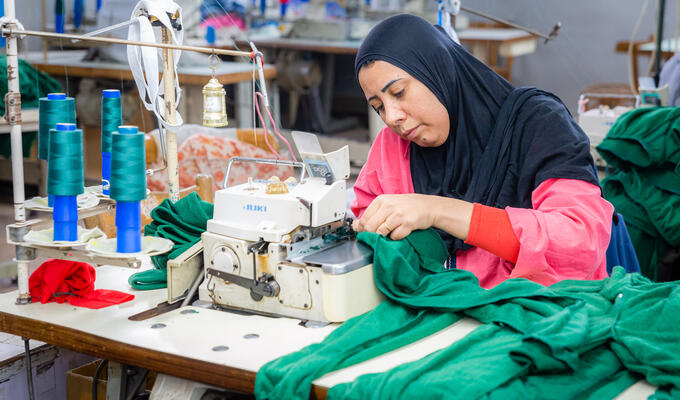
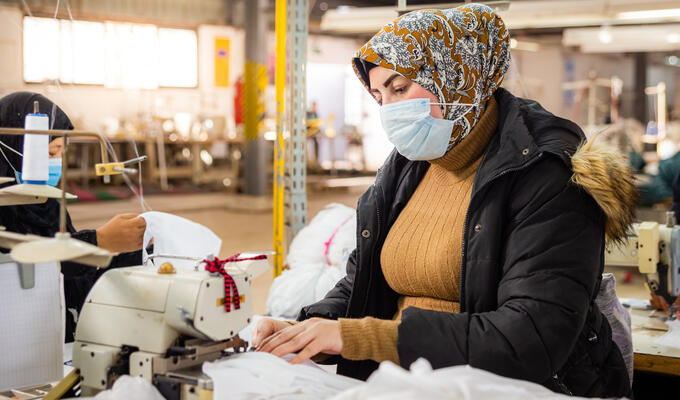
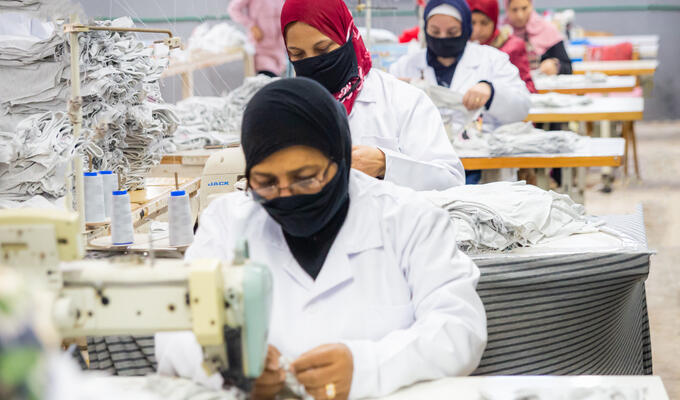
How textile makers in Jordan are going greener
The textile industry often comes at steep cost to the climate. New training shows companies how to change that.
Mohammad Ghanem knew his clothing company was using too much electricity, but he worried that as a small business he couldn’t afford energy-efficient technology.
“We were worried that the investments necessary were too expensive for us or difficult to implement,” said Ghanem, who owns and manages AWG Company in Amman, Jordan.
The textile and apparel sector globally consumes high levels of energy and water, generating considerable waste. Making textiles greener would play an important role in combatting climate change.
AWG specializes in uniforms and garments for hotels, restaurants, colleges, and others. Ghanem sought coaching from the International Trade Centre’s MENATEX programme, which shows textile companies how to make their operations more climate smart.
The coaching in Resource Efficiency and Circular Production (RECP) showed him how to transition into greener production processes, making AWG more competitive.
After going through the programme, AWG decreased its electricity bill by 26% per year, switching to LED lights and upgrading machinery. The company’s old machines accounted for 60% of their electrical consumption.
“We are thankful for the experience of learning with ITC’s MENATEX project and its experts,” Ghanem said. “Investing in RECP is feasible for every company, regardless of its size, and it is proving to be a win-win. The environment, company and buyers win in the process.”
Both shoppers and regulators expect clothing companies to go green. But in an industry where fashion trends change quickly, smaller companies struggle to keep up.
While clothing companies get blamed for contributing to climate change, they also suffer from its effects as extreme weather disrupts the supply chain and the availability of natural fibres.
Saving energy saves money
Since 2019, over 66 companies in the Middle East and North Africa have received advice and coaching on resource efficiency and circular production processes (RECP) through GTEX/MENATEX.
Since the training began in Jordan in 2020, over 86% of the participants have started implementing the programme’s recommendations. Switching to LED lights, repairing air-conditioners, and installing solar panels has decreased their production costs by 2–7%.
Eman Beseiso manages the MENATEX project in Jordan. She explained that the apparel industry has been looking for alternate energy sources for a long time.
“ITC’s MENATEX programme provides to its beneficiary companies and partners alternatives already used by leading companies around the world,” she said.
“Our partners have realized that investing in RECP is not only beneficial financially for their companies, but also necessary in today’s fashion industry,” she said.
“Customers increasingly expect companies to be greener and respect environmental and social standards. ITC is helping companies to cope with this.”
Following the initial coaching phase, companies will benefit from more in-depth follow-up support.
About the project
The Middle East and North Africa Textile and Clothing Programme (MENATEX) covers four countries in the MENA region: Egypt, Jordan, Morocco and Tunisia. The International Trade Centre, with support from the Swedish Government, implements the programme.




